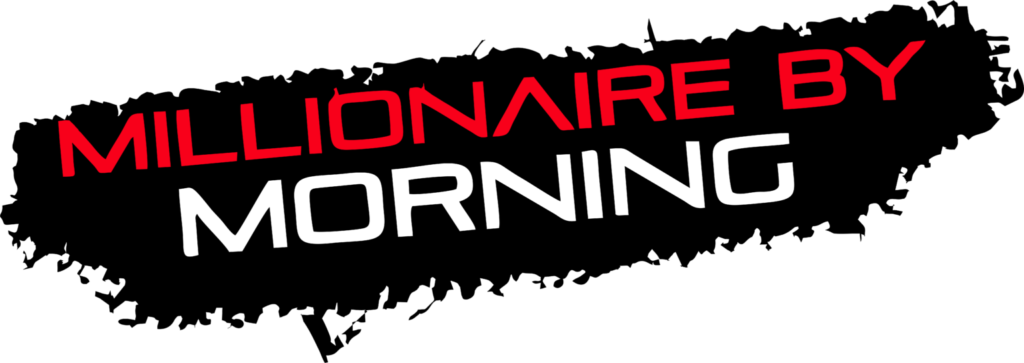
Your work and professional tasks are important, but your health comes first. Unfortunately, many people forget this golden rule. If you’re a workaholic and say yes to every request from your managers or team members, you may suffer burnout sooner or later.
This is why knowing when to say no at work is crucial!
You don’t have to refuse every work-related task straight out. Instead, you should try to master the art of saying no in a professional way. This way, neither your boss or team will feel offended, nor will you feel guilty.
So, let’s explore the scenarios where it’s perfectly okay to say No at the workplace:
Table of Contents
ToggleExcessive Workload
Taking on too many tasks at a time is never a good idea. It affects your productivity since you keep thinking about pending tasks and can’t focus on the task at hand. This will bring your performance down, and you may struggle to meet deadlines.
Also, you may have to work overtime to finish your to-do list. If you make this a habit, it may lead to burnout.
Thus, it’s important to say no to additional tasks when your plate is already full.

Unrealistic Deadlines or Expectations
Do you wonder when to say no to your boss?
It’s perfectly okay to refuse when the request involves unrealistic expectations or deadlines. If you give in, you may end up compromising on the quality of work or your well-being to meet the goal.
But instead of directly rejecting the request, a better approach is to convey that the deadline is unrealistic. Then, suggest a more manageable timeline to complete the project.
Similarly, if the expectations are unrealistic, politely talk to your manager. Share reasons why expected outcomes are unrealistic and give suitable alternative solutions. This way, you can negotiate better conditions without offending anyone.
When You Have More Pressing Priorities
Picture this.
Your boss comes to your workstation and asks you to work on a report. You are aware that the report won’t be needed until next month. But your boss wants you to submit it this week. You are already busy working on a big project for an important client. Accepting this new request means you have to delay the more important project.
So, what will you do?
In such situations, it’s crucial to say no. Since you have more pressing priorities to focus on right now, it’s not a good idea to prioritize less important tasks.
So, make sure you talk to your supervisor. Explain that this new task will make it challenging to meet the deadline for the project you are currently working on.

Tasks That Can Affect Your Health
Remember, your health and well-being come first.
So, if any work-related request can affect your health, it’s your right to say no.
Pay attention to your physical and mental health. You may get unusually irritated, tense, or anxious after starting a new project. Or you may experience headaches, muscle spasms, or digestive issues.
If you notice these signs, the new task may be affecting your mental peace. So, your best bet is to talk to your team lead and explain that you can’t continue working on the task despite initially saying yes to the request.
Tasks Outside Your Expertise
As a professional, you should work on your tasks diligently. But this doesn’t apply to the tasks that don’t align with your job role.
For instance, you may be a web developer creating a new website for the business. But your employer asks you to create SEO content too for the website. You may do a satisfactory job. But the content won’t be as good if it was written by an experienced content writer.
Or maybe you work in HR. But your manager asks you to run errands like keeping track of office supplies or taking phone calls.
These tasks aren’t a part of your job description. So, it’s better to refuse such requests so you can focus on your actual job.
You can talk to your boss about how these irrelevant tasks can make it difficult for you to focus on your own tasks. Also, there may be other team members who can do those tasks better than you. So, suggest your boss to assign the task to those better-fit team members.

Unethical or Illegal Requests
As a professional, it’s your responsibility to uphold ethical standards. Don’t do anything that’s unethical or illegal.
So, if you receive a request from a colleague or a superior at your job, make sure it meets ethical and legal standards. Don’t take up projects that can compromise your integrity or reputation.
Develop the courage to say no to unreasonable requests. Hold your ground and stay away from illegal activities. This gives a clear message to others that you won’t compromise your principles for the sake of convenience.
Requests from Overly Dependent Members
It’s crucial to set boundaries in your professional life. This includes saying no to irrelevant requests.
When you’re good at your job, your colleagues may come to you with questions. When they can’t figure out a task, they may ask you for advice. It’s a good practice to guide your team members. But that doesn’t mean you should do their job for them.
Some colleagues may become overly dependent on you if you spoon-feed them. This will neither be good for team morale nor will this make you a good team player. So, if you find yourself constantly bombarded with demands from other team members, it’s time to learn to say no.
Set clear boundaries and be assertive when rejecting unreasonable demands from overly dependent colleagues.

Where You Feel Pressured to Say Yes
It’s natural to want to be appreciated by your boss and managers. You don’t want to disappoint them. But you should earn this appreciation with your performance, not by taking shortcuts.
When your boss asks you to do something, you may say yes without thinking about it. Even if you’re overwhelmed or uncomfortable, it’s not always easy to say no. But it’s critical to know when to say no at the workplace.
You need to set boundaries. If you feel pressure to accept a task, decline respectfully. Good leaders value honesty over blind obedience. So, express your concerns and say no professionally.
When Your Gut Feeling Says No
Always trust your instincts. If something doesn’t feel right, the chances are it won’t be a good choice.
So, if you get a request from a supervisor or colleague, pay attention to your gut feeling. Is it giving you a message? If you rely on your instincts, you will likely avoid situations that aren’t in your best interest.
Thus, if your intuition says no, your best bet is to say no to the request.

Do you have the habit of saying yes to every request at the workplace? Then it may not be good for your well-being and productivity.
You should understand the scenarios where it isn’t only okay but necessary to say no. This will help you prioritize your time and energy and focus on important projects. So, don’t be afraid to say no. Be assertive and decline requests that are unethical, less urgent, or can affect your health.
